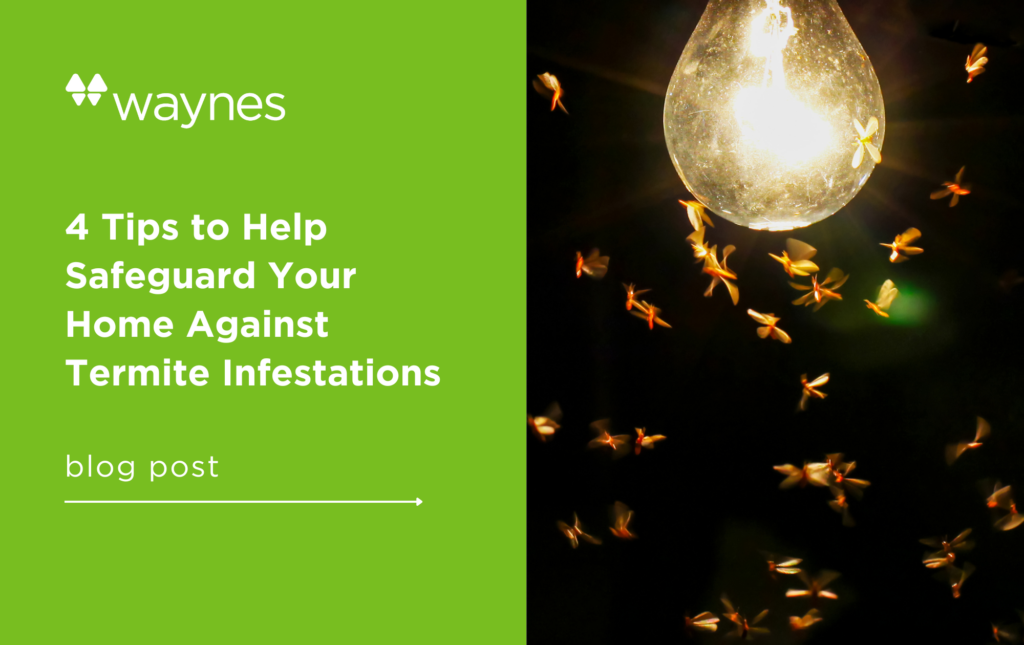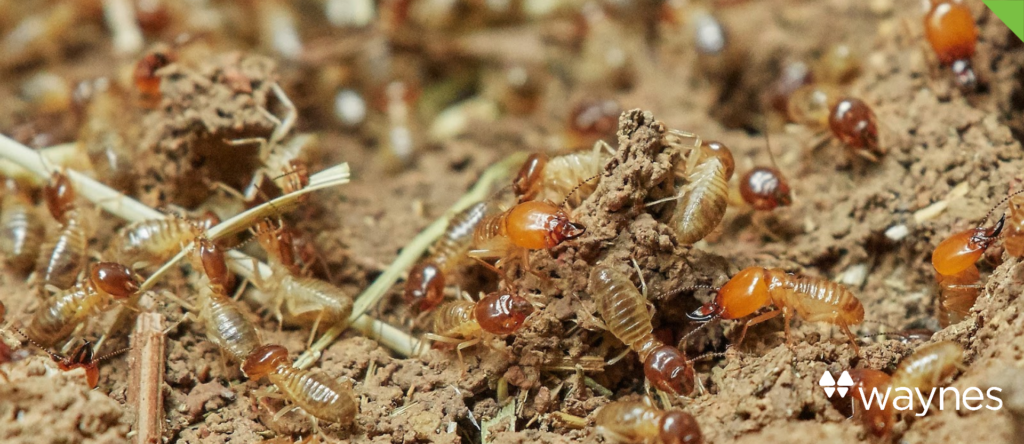Bumps, lumps, and weird fluff on your plants are more than just a strange coincidence. These are probably signs of soft scale insects! No need to worry, our Service Professionals have some answers to your burning questions.
What Are Scale Insects?
Scale insects belong to a large group of sucking insects that attack a wide variety of trees and shrubs. Generally, they are divided into two categories, armored (hard) and soft scale. The eggs for scale insects are laid under female adult coverings. They typically hatch in the spring and summer. Once they hatch, scale insects reach the immature or “crawler” stage because they crawl around on plants to find new feeding spots. Heavy infestations can kill trees and even spread to other trees and shrubs!
How to Notice Soft Scale:
Soft scale insects will appear as raised bumps on twigs and branches and can easily be scraped off. When mature, they can be over ⅓ of an inch and can even vary in color. They feed directly from the vascular system of host plants, which can quickly result in a “sick looking” plant. Drought stress can speed up a plant’s decline since it is fighting off these insects for liquids.
Soft scale insects are known to produce honeydew (a sweet liquid), which attracts sooty mold (a fungus that grows on the honeydew). The honeydew and sooty mold may be present on leaves below infested branches. Honeydew can drip on to cars parked under trees or patios and is often the first noticeable sign of a scale infestation.
Another sign of a soft scale infestation is the presence of ants. Ants are highly attracted to the scent of the honeydew and often use soft scale insects as a means of farming honeydew. Since soft scale insects can’t move, their ant partners will move them to more promising plants or to uninfested parts of the existing host, creating a huge problem for the owner.
How To Get Rid of Soft Scale
Scale insects are difficult to control! To manage a scale infestation, our Service Professionals recommend pruning out branches with severe symptoms. Parasites generally provide control of many scale infestations. So if treatment is necessary, a tree needs to be sprayed with a dormant rate of horticultural oil during the dormant season to control overwintering scales. It is recommended to have a trusted and educated professional execute this treatment.
Various ornamental trees and shrubs can be quite pricey! Caring for these plants is very important. Think of healthy trees and shrubs as the perfect accessory for your landscape. Waynes Tree and Shrub Care Solutions include seasonal tree and shrub treatments throughout the year to ensure that you have a landscape you can be proud of. If you are noticing an issue with your trees and shrubs, give Waynes a call at 866-WAYNES1 or visit callwaynes.com for more information!









